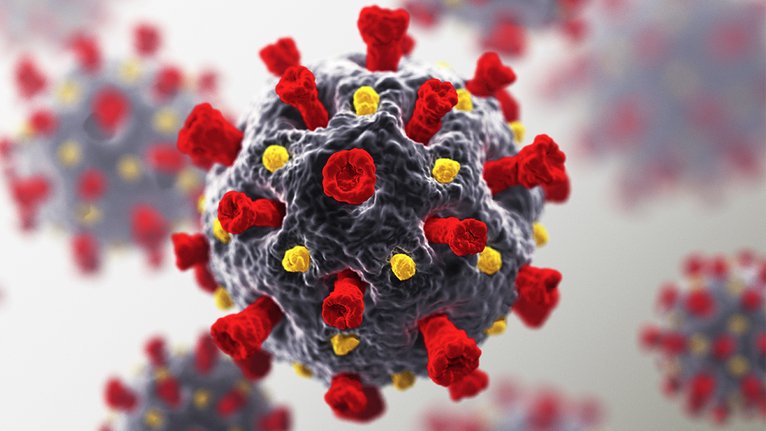
Image credit: shutterstock
Scientists led by a team from Duke-NUS Medical School in Singapore have identified three distinct serotypes of SARS-related coronaviruses, marking the need for vaccines that can provide broad-spectrum protection against them.
This discovery, published in the journal hLife, suggests that immunity from vaccination or prior infection by one serotype may be ineffective against another or against new variants. This is because while the viruses of different serotypes can be genetically similar, they function and affect our immune system differently.
The research team, which included scientists from Singapore’s National Centre for Infectious Diseases, KK Women’s and Children’s Hospital, Centre Scientifique de Monaco and the African Health Research Institute, analysed 80 samples from unvaccinated people who were infected by various SARS-related coronaviruses. Previous analyses had been conducted using samples from only animals or vaccinated people. These were therefore not as accurate or relevant in determining how different viruses affect the human immune system.
As of early 2023, Omicron XBB dominated coronavirus infections worldwide, with subvariants continuing to evolve. This poses serious challenges to the effectiveness of existing immunity from natural infection or vaccination, and the development of next-generation vaccines.
The team found that the latest subvariants, Omicron XBB and BQ.1.1, have evolved to such a degree that, functionally, they are more similar to SARS-CoV-1 (from the SARS outbreak of 2003) than their ancestral SARS-CoV-2 virus.
With this knowledge, the team is now working on developing a next-generation vaccine that aims to broaden SARS-related coronavirus immunity. Progress has already been made in this area. The team has discovered exceptionally potent antibodies that can neutralise virtually all known variants of the COVID-19 virus.




